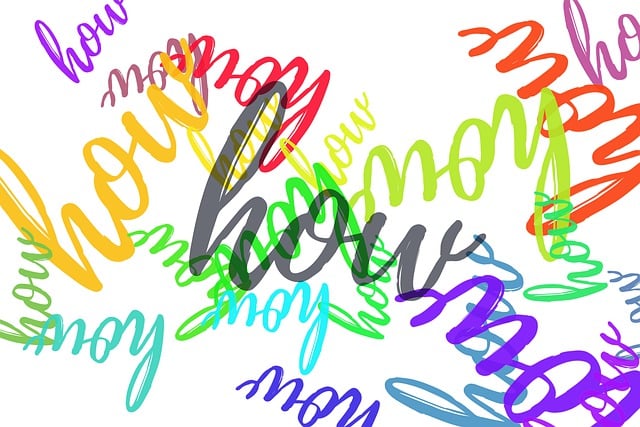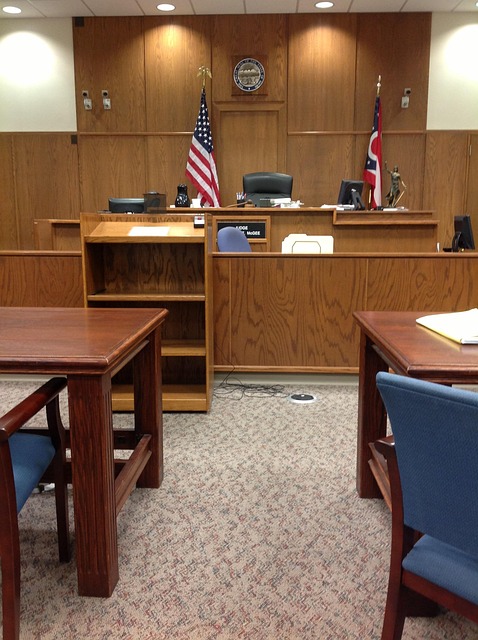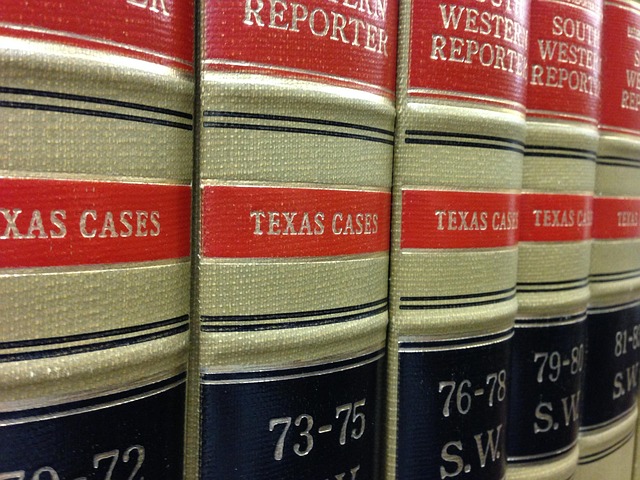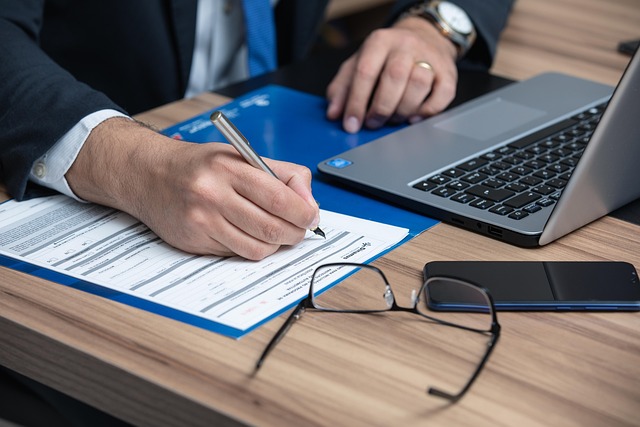Witness statements are crucial in personal injury cases, offering firsthand accounts that enhance legal outcomes by providing detailed insights into incidents. Gathered from bystanders, family, friends, or experts, these testimonies enrich the victim's account, offering a comprehensive understanding of circumstances surrounding injuries. Effective gathering ensures robust and reliable personal injury evidence, with credible testimonies bolstering claims and narratives in court. Strategies for maximizing their impact include cross-referencing with physical evidence, leveraging multiple independent witnesses, and promptly documenting statements while memories are fresh.
Witness statements play a pivotal role in personal injury cases, serving as critical components of evidence collection. These firsthand accounts provide invaluable insights into the circumstances surrounding an accident, enhancing the credibility and strength of personal injury claims. By understanding the significance of witness testimonies, legal professionals can effectively strategize to leverage these statements, ensuring a more robust and compelling case for their clients. Explore these strategies to maximize the impact of witness statements in personal injury evidence collection.
- Understanding Witness Statements: Their Role in Personal Injury Cases
- The Impact of Credible Witness Testimonies on Evidence Collection
- Effective Strategies for Using Witness Statements to Bolster Personal Injury Claims
Understanding Witness Statements: Their Role in Personal Injury Cases

Witness statements are crucial components in personal injury cases, serving as a vital link between the incident and the evidence collection process. In the realm of personal injury evidence, these statements provide firsthand accounts that can significantly shape the outcome of legal proceedings. When an individual suffers an injury due to another party’s negligence or intentional actions, witness statements offer a window into the events surrounding the incident, offering critical details that may not be readily available through other means.
In various scenarios, from real estate litigation to caregiver abuse allegations and employment contract disputes, witness statements play a pivotal role. They can be collected from bystanders, family members, friends, or even experts who were present during the occurrence. These testimonies add credibility and context to the victim’s account, providing the legal system with a comprehensive understanding of the circumstances leading up to and following the injury. Effective witness statement gathering ensures that the personal injury evidence presented in court is robust, reliable, and compelling.
The Impact of Credible Witness Testimonies on Evidence Collection

Credible witness testimonies play a pivotal role in personal injury evidence collection, enhancing the strength and credibility of cases involving various incidents such as car accident injuries, elder abuse, or caregiver negligence. When individuals provide firsthand accounts, it adds depth and context to what might otherwise be dry legal documentation. These testimonies can corroborate or validate the experiences of the injured party, providing essential details that support their claim.
In many instances, witness statements offer a more nuanced perspective on the sequence of events, including observations of behaviors, actions, or conditions leading up to and following the incident. This is particularly valuable in complex cases where determining liability may hinge on subtle nuances. By weaving together these testimonies, legal professionals can construct a compelling narrative that not only supports but also strengthens the overall personal injury evidence presented.
Effective Strategies for Using Witness Statements to Bolster Personal Injury Claims
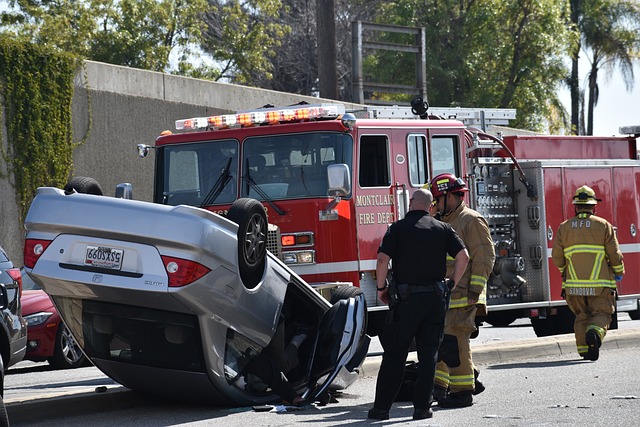
Witness statements play a pivotal role in strengthening personal injury claims, offering a unique perspective that complements medical records and other physical evidence. To leverage their potential effectively, consider these strategies: Firstly, cross-reference witness accounts with physical evidence to validate their reliability. For instance, if a car accident attorney relies on a statement describing a vehicle’s velocity, compare it with the speed measured by sensors or dashcam footage.
Secondly, use multiple, independent witnesses to corroborate key events. In real estate disputes, neighbors or building managers can provide testimonies supporting claims of property damage or unsafe conditions. Lastly, prompt documentation is crucial; capture statements immediately post-incident while memories are fresh. This ensures the accuracy and detail needed to support personal injury evidence collection, potentially leading to more favorable outcomes for clients involved in auto accident cases.
Witness statements are invaluable tools in personal injury cases, providing crucial evidence that can significantly enhance the strength of a claim. By carefully gathering and utilizing these testimonies, legal professionals can navigate the complexities of personal injury litigation more effectively. Understanding how witness statements support personal injury evidence collection is essential for achieving favorable outcomes, ensuring justice for those affected by injuries caused by others.
